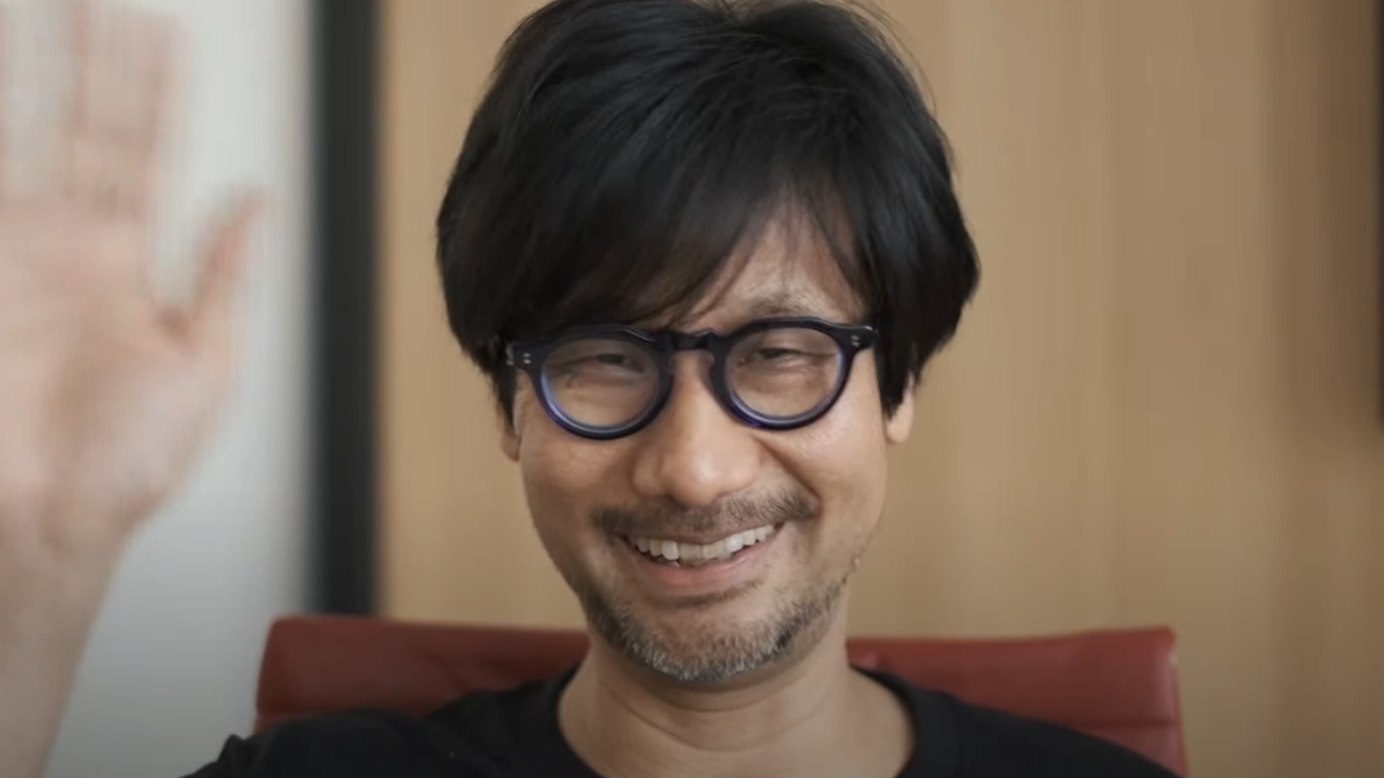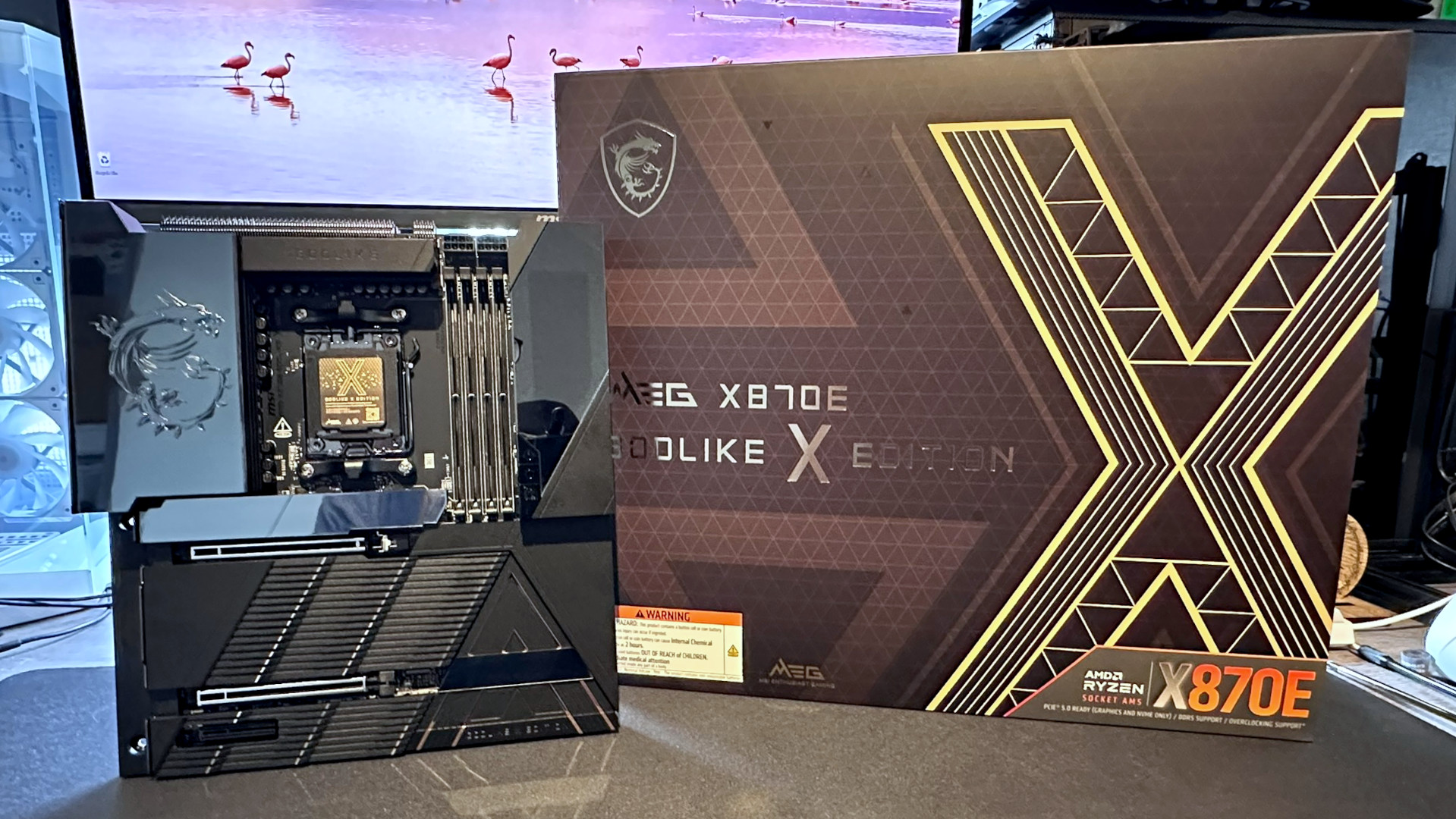Screw dying, says Hideo Kojima, 'I'll probably become an AI and stick around'
Life Stranding.

God love Hideo Kojima because the guy is never boring. Following the announcement of Death Stranding 2 late last year, the Japanese creator gave a festive interview to IGN Japan, during which he jawed on about setting up Kojima Productions, his time at Konami, and yes: his future as an AI.
This is, of course, being said slightly tongue-in-cheek, but it comes in response to a question about the philosophies of Kojima Productions, and what the creator would like to leave behind in that institutional sense.
"I've never really thought about that," said Kojima. "I'll keep leading so long as I'm around, and all that matters to me is that our roots when it comes to creation are kept intact. But you know, I'll probably become an AI and stick around. You need to be stimulated in lots of different ways if you want to keep creating new things, so I imagine I'll keep collaborating with others and taking in new things even if I'm an AI".
I wonder if they'll all say "A Hideo KojimAI game" before every chapter. Cheery thoughts of surviving death as an algorithm aside, though, there is something here for Kojima fans to get more excited about. While Kojima does not address his departure from Konami directly in this interview, he does talk at some length about the company, and with a great deal of warmth, too. There's been an icy atmosphere between the creator and the company ever since the split, which is an enormous shame, but this suggests that relations are thawing.
"I learned so many things at Konami," said Kojima. "It was rare for a creator to work on both development and business, but I even worked as an executive there, and they thoroughly taught me everything down to how to run a business [...] It was a company willing to leave things to people who took action themselves and under their own risk".
A particular fondness is reserved for Kagemasa Kozuki, the 82-year-old founder and still chairman of Konami. It is clear that Kozuki recognised a special talent in the young Kojima, and endeavoured to nurture it at the company: First of all, by allowing Kojima to run his own company-within-the-company from 1996. "It gave me an incredible amount of freedom when creating games", said Kojima. Much more importantly, when events outside of anyone's control threatened Kojima's work, Kozuki backed the director to the hilt.
"9/11 took place in 2001 right before the release of Metal Gear Solid 2," said Kojima. "We'd just sent off the master, but the game featured both the World Trade Center and the Pentagon. It seemed impossible to release the game. I was called to the board of directors and they all turned pale when I explained the situation. Nobody would tell me what to do, with the exception of Mr. Kozuki, who tackled the issue.
Keep up to date with the most important stories and the best deals, as picked by the PC Gamer team.
"As I thought about what to do, I went to speak with Mr. Kozuki about possibly quitting the company. That's when he told me: 'When this game comes out and society has their say about it, they'll be talking about you, its creator, and me, the person who sold it. I doubt they'll say anything about anyone else. What will you do? I'm ready for whatever happens.'
"When I heard how far he was willing to go, I made the firm decision that we'd release it together. The rest is history".
It's fantastic to hear Kojima speak about the positives of his time at Konami because, while he's never going back, it's deeply sad that such a tremendous collaborative legacy is now semi-consigned to history. I'd love to see Kojima at least talking about his older games again, and it would be great if Konami could pull its finger out about ensuring that Metal Gear has a future too.
The signs are at least positive here. Kojima ends his MGS2 reminiscing by talking about what an awful state he was in once the game was finished, and "ended up being passed from one hospital to the next. Mr. Kozuki was the only one who worried about me then. Looking back, I feel like he showed more concern for me than anyone whenever I was having trouble".

Rich is a games journalist with 15 years' experience, beginning his career on Edge magazine before working for a wide range of outlets, including Ars Technica, Eurogamer, GamesRadar+, Gamespot, the Guardian, IGN, the New Statesman, Polygon, and Vice. He was the editor of Kotaku UK, the UK arm of Kotaku, for three years before joining PC Gamer. He is the author of a Brief History of Video Games, a full history of the medium, which the Midwest Book Review described as "[a] must-read for serious minded game historians and curious video game connoisseurs alike."

